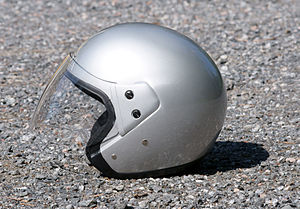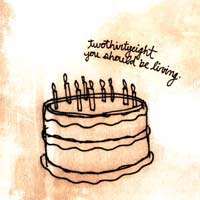Self-Care Tip #195 – Take care of yourself to give Love to others.
Belen came in, confident. She was comfortable in her element. Working in her area of specialty was her delight and she didn’t worry about clocking hours or mixing it up with family. Her work was part of what family meant to her. It was what brought pleasure to her life.
“Wonderful!” you say. And yes, it is. “Why then did she come in to see me?” you ask. Glad you asked.
This was Belen’s third marriage. Marriage was not where she felt confident. Talking marriage was when her lip surfaced, quivering on her face, transforming her. In the past, Belen had often dropped her husband’s name, laced him into stories she told and her ring was a favorite finger toy. I had the impression that Belen was proud to be married to this man. But it wasn’t until today that Belen spoke about Ben directly.
I sat up because I was curious about this emotion that had flickered behind it all until today, when it was front and center.
In this case, Belen was afraid of her emotions in fact. She was aware of them, but they were in a foreign code to her. Tap-tap-pause-tap-tap-tap-pause… and so on. She started by telling me about their evenings together.
Ben was a grazer who expected open time with her. Belen, however, was a barn girl. When she sat with her husband in their “open time” over a slow dinner, a drink, watching him read a book beside her – it took everything in her reserve each day to stay put. All her nerves were dancing, telling her to get up and work. It was what gave Belen her quality of life. Her work was her self-care. Ben’s time to meander through thoughts and play was in contrast, what gave him pleasure in life. He waited all day, pushing through a task driven job, to come home and do this.
Potential negative energy was coiling up inside and Belen was afraid that she might be overcome by it. Belen did not want to think about what that might end with. Another failed marriage? Losing this man she was so glad to be married to? Dying alone? She looked at me sideways, ashamed of her emotions.
I’m turning into Crazy Wife. I yell at him for things that are no big deal.
My answer came too fast this time. It wasn’t graceful or polite. I regret that. It’s never been a forte for me and one of the reasons I recommend my patients find a psychotherapist who will patiently stand beside them rather than collar them and drag them to water (like a certain psychiatrist I know.)
Do what gives quality to your life. Claim it when you do and don’t hold him responsible for it. He’ll feel guilty and defensive. ‘Oh, I have so much work to do honey. I can’t sit here…’ You are not a victim. This is your choice.
Unfortunately, there was more along those lines, but like Kevin Blumer says,
I wish the blog world was the same as the real world where people have a chance and can think about things before they (say) them.
Alas, at least we have our keyboards, pencils and erasers.
Belen was losing her lovely confidence to resentment because she wasn’t doing what she was wired to do. She wasn’t owning her choices. She thought loving her husband meant that she shouldn’t and because of that, she was only giving him her uncared for self. She didn’t realize that doing what gave her joy was the best way to Love others.
Question: How do you help the people you love realize that when you take care of yourself, you are taking care of them too? (This should get interesting!) Please tell me your story.
Related Articles
- Love & Marriage (pawprintsinslavery.wordpress.com)
- The Paradox of Positivity: Are Some of Us Being Too Positive About Our Spouses? (psychologytoday.com)
- How to Predict Whether You Should Stay or Go (psychologytoday.com)
- Work Hard to Take Care of Yourself If You Want An Easier Time Taking Care Of Others (friendtoyourself.com)
























